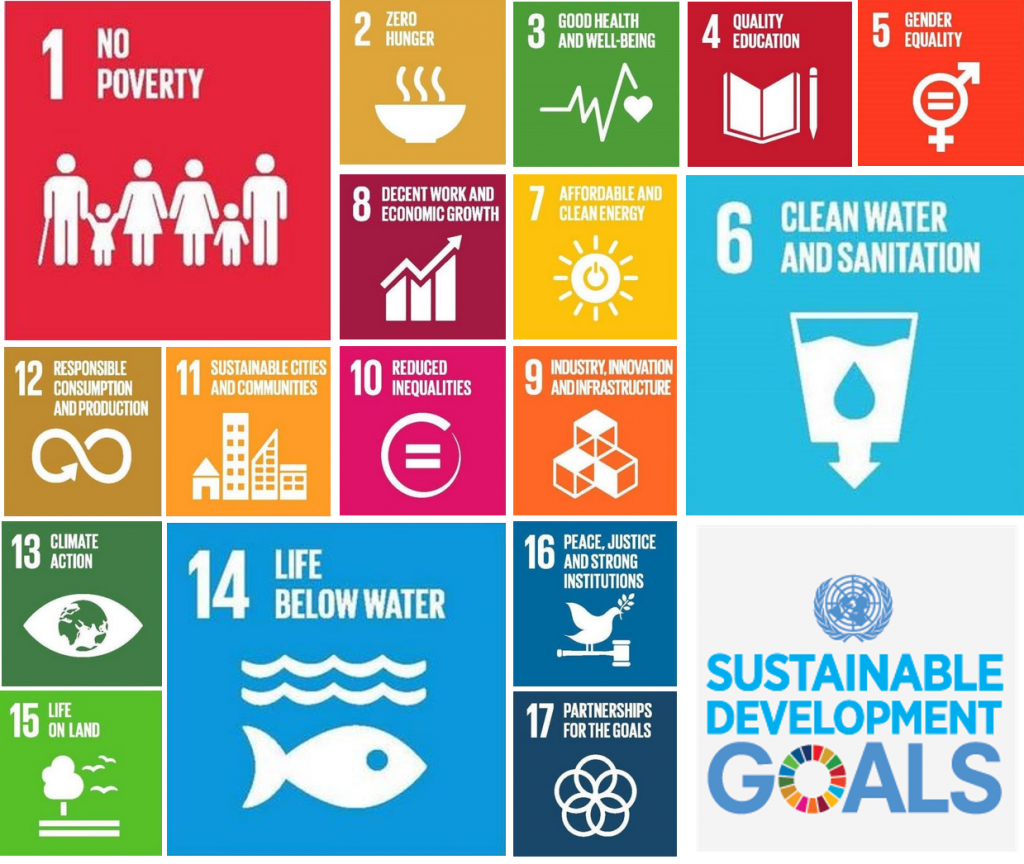The Sustainable Development Goals
The Sustainable Development Goals (SDGs) are a set of 17 global goals adopted by the United Nations in 2015 as part of the 2030 Agenda for Sustainable Development. These goals aim to end poverty, protect the planet, and ensure peace and prosperity for all people. The SDGs are a universal call to action to end poverty, protect the planet, and ensure that all people enjoy peace and prosperity by 2030.
The 17 SDGs are as follows:
1. No Poverty
2. Zero Hunger
3. Good Health and Well-being
4. Quality Education
5. Gender Equality
6. Clean Water and Sanitation
7. Affordable and Clean Energy
8. Decent Work and Economic Growth
9. Industry, Innovation and Infrastructure
10. Reduced Inequalities
11. Sustainable Cities and Communities
12. Responsible Consumption and Production
13. Climate Action
14. Life Below Water
15. Life On Land
16. Peace, Justice and Strong Institutions
17. Partnerships for the Goals
Each of these goals has specific targets and indicators to measure progress. The SDGs serve as a blueprint for countries and organizations to create a better and more sustainable future for all. The SDGs are also interconnected, meaning that progress in one area can positively impact progress in others.
Adopting the Sustainable Development Goals (SDGs) can bring many benefits to companies, both in terms of their impact on society and their bottom line. By aligning their strategies and operations with the SDGs, companies can:
1. Enhance their reputation and brand image: Companies that demonstrate their commitment to sustainable development can enhance their reputation and brand image, which can increase customer loyalty and attract new customers who value sustainability.
2. Increase operational efficiency: Implementing sustainable practices can lead to increased operational efficiency, reducing waste, conserving resources, and lowering costs.
3. Tap into new business opportunities: The SDGs present many new business opportunities in areas such as renewable energy, sustainable agriculture, and sustainable tourism, among others.
4. Improve stakeholder relations: Companies that are seen as responsible and proactive in addressing sustainability issues can improve their relationships with stakeholders, including employees, customers, suppliers, and investors.
5. Address social and environmental challenges: By contributing to the achievement of the SDGs, companies can help address some of the world's most pressing social and environmental challenges, such as poverty, hunger, and climate change.
6. Create shared value: By creating economic value while also addressing social and environmental challenges, companies can create shared value, which can benefit both the company and society as a whole.
It's important to note that companies that seek to contribute to the SDGs should adopt a holistic and integrated approach, taking into account the interconnections among the goals and their impact on different stakeholders. Companies should also regularly monitor and report on their progress towards the SDGs, in order to ensure accountability and transparency.



